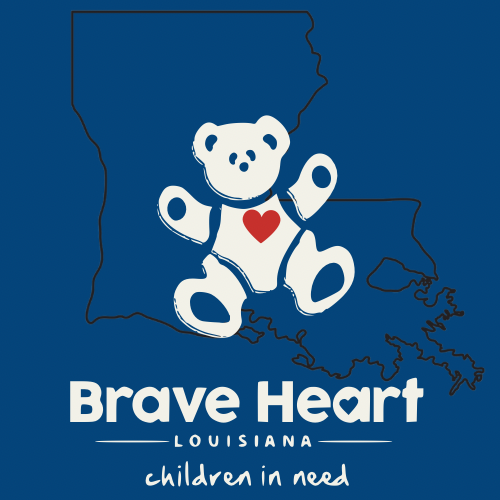Key Financial Tips for Young Adults Aging Out of Foster Care
At Brave Heart, we know that kids can have a tough time aging out of the foster care system. Many have no family support to rely on, no tangible possessions, no monetary savings, and little direction regarding their next steps. If you’re preparing to leave the foster system, it pays to learn a few financial skills that will help you thrive as an independent adult. From using your credit card wisely to saving for the future, let’s explore some key tips to help you maintain good financial health as you set out on your own!
Secure a Reliable Source of Income
First, you need a source of income that you can count on to cover your ongoing living expenses. Many young adults find minimum-wage jobs while training for better-paying positions in corporate offices or the trades. Look for a job that offers enough flexibility that you can pursue an education on the side.
You could even launch your own business to bring in some extra cash. You never know, your side business could become successful enough that you can make it your full-time career! You may be able to bootstrap your business with the income from your day job. If you need extra startup money, consider crowdfunding, applying for a microloan, or seeking out angel investors.
Practice Good Spending Habits
The earlier you begin building good spending habits, the better. Developing self-control over your spending will help you avoid debt and maintain your financial freedom as you progress into adulthood. Try to make every purchase purposefully. Use a list to keep track of items you need from the store and set a time to go shopping instead of browsing just for fun. Avoid spontaneous spending as much as possible! Another reason to plan your purchases in advance is that you’ll have time to shop around and compare prices so you can get the best deal.
Establish Financial Goals
What are you working towards? Do you want to go to college? Buy a car? Travel the world? Think about your short- and long-term goals and how much money you will need to make them happen. Be The Budget suggests setting a time limit for each goal so you can calculate how much money you need to contribute to your savings every month. Working backward from your goals will help you be proactive about saving!
Start an Emergency Fund
Before you begin contributing money to your financial goals, use your excess income to build up an emergency fund. At the very least, an emergency fund will provide invaluable peace of mind as you navigate this next chapter in your life. And if you need it, your emergency fund can save you from financial ruin if you lose your job or become sick. Experts typically recommend saving three to six months’ worth of living expenses in your emergency fund. CNBC estimates that people in their 20’s will need to save between $5,241 and $10,482. Keep in mind that you may need to save more if you live in an expensive city!
Learn How to Budget
When you finally get a taste of financial independence, it can be tempting to spend every penny you earn on things you want. But it’s important to save some money so you can work towards your goals. Learning how to budget your money is a valuable skill that will benefit you for the rest of your life. Tracking your spending is key to accurate budgeting. If you use cash for spending, consider switching to a debit card or no-fee credit card. This will make it easy to record and track your purchases.
People aging out of foster care have access to far fewer resources and support systems compared with average children. Without family to fall back on if something goes wrong, setting out on your own can feel a little intimidating. Set yourself up for financial success right from the beginning with good spending, budgeting, and saving habits.
Brave Heart has been working with the DCFS Extended Foster Care Program to help youth transition out of foster care and into adulthood. Visit our website to learn more about our mission!

